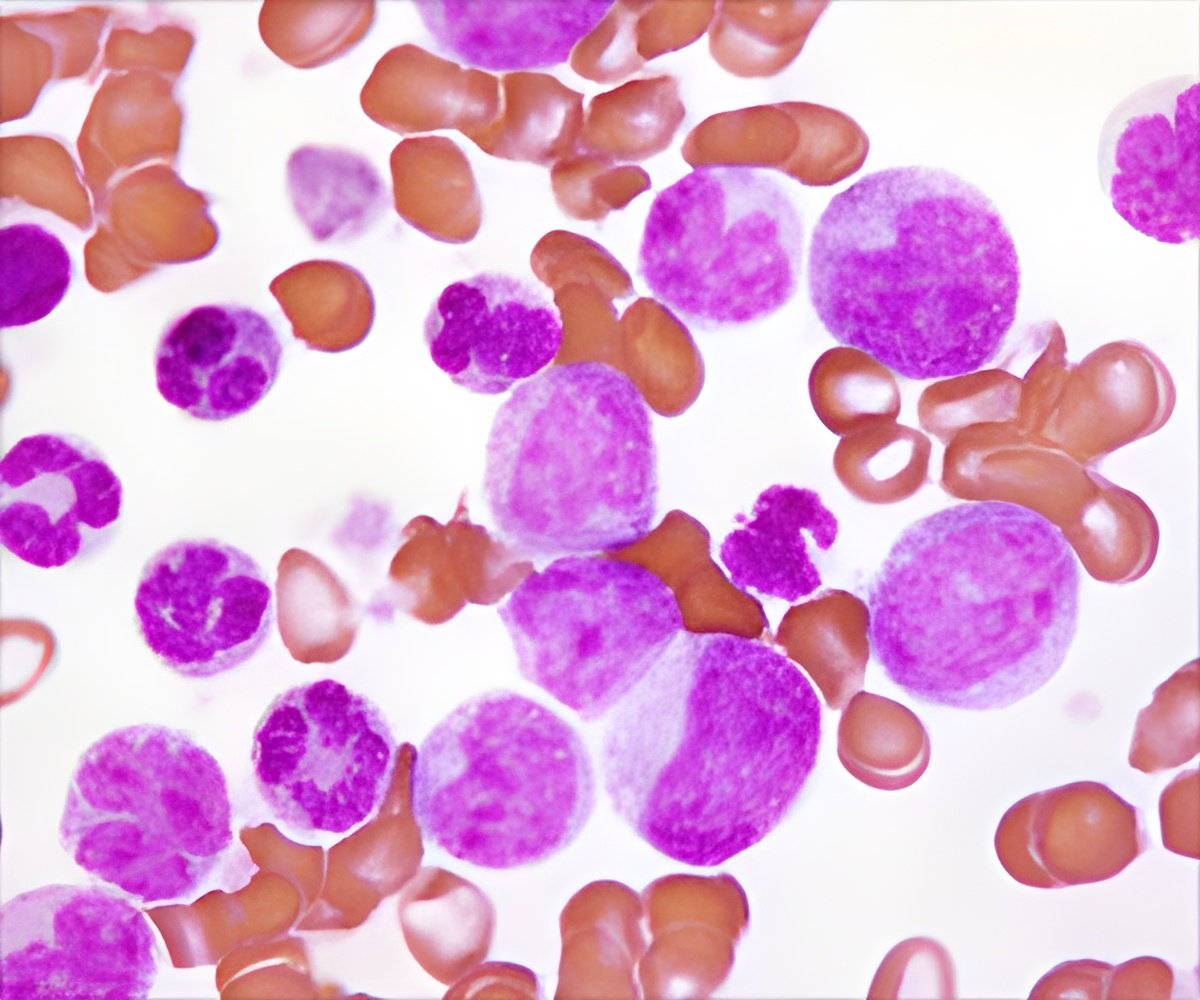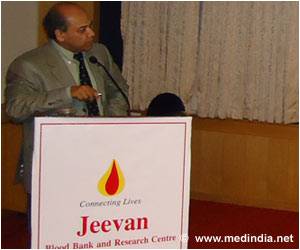Using repeated doses of an immunotherapy drug can restore a complete remission for patients

An immune checkpoint-blocking drug approved for metastatic melanoma, ipilimumab, was given to patients with relapsed hematologic malignancies in an effort to revive the tumor-fighting powers of the donors' transplanted immune systems. A weakening of the transplanted immune response over time is believed to allow the cancers to recur.
"We believe the donor immune cells are present but can''t recognize the tumor cells because of inhibitory signals that disguise them," said Matthew Davids, MD MMSc, a member of the Division of Hematologic Malignancies at Dana-Farber and first author of the study. "By blocking the checkpoint, you allow the donor cells to see the cancer cells." Ipilumumab has been used primarily in treating advanced melanoma, but in the new study, it proved effective for blood cancers in the post-transplant setting.
A total of 28 patients with relapsed leukemia, lymphoma, multiple myeloma, and myelodysplastic tumors were enrolled in the multicenter phase 1, investigator-initiated trial.
Among the 22 patients who were treated with the highest dose of ipilimumab, five had a complete response, meaning the cancer was undetectable, and two patients had a partial response, with the tumors shrinking. Six others, who did not qualify as having responses, nevertheless had a decrease in their tumor burden.
Altogether, ipilimumab therapy reduced cancer in 59 percent of the relapsed patients.
Among the complete responders were three patients with a hard-to-treat form of leukemia that affects the skin. Such "extramedullary myeloid leukemias," which aren't confined to the bone marrow and typically don't respond to standard therapies, may be particularly sensitive to checkpoint-blocking drugs, the authors noted.
Advertisement
"But we didn't see that," said Davids. Only four of 28 patients developed GVHD that prevented further treatment, and they all responded to corticosteroid drugs which controlled the GVHD. Six other patients had adverse effects typical of ipilimumab treatment, and one patient died from an immune-related adverse event.
Advertisement
Source-Newswise















